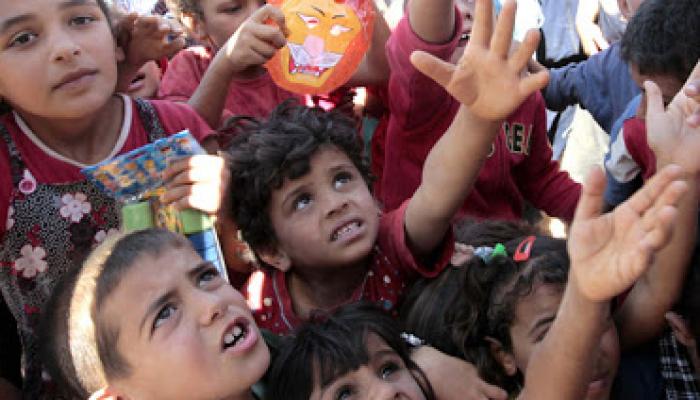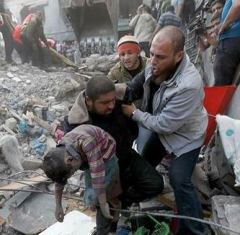UNICEF reports that the number of refugee children increases in an inverse proportion to the resources needed for their upkeep with a minimum of dignity.
More than half of those refugee children do not enjoy the benefit of elementary education and barely one fourth reach the secondary level of education. Their food intake is precarious, and it very often depends on what they can scrounge out of piles of garbage.
They are often the victims of international gangs trading in human flesh, who turn their victims into human slaves for work or sexual exploitation, lacking basic education and health care. In fact, they become prisoners, lacking in the most elementary conditions to grow and properly develop as human beings.
The UNICEF Emergency Program Director, Manuel Fontaine, has called on governments and political leaders to redouble efforts to ensure the rights, security and welfare of these most vulnerable mass.
According to UNICEF, at the end of 2016, it had registered three hundred thousand refugee minors without the company of their elders, either because they traveled alone or had lost one or both parents or were separated from them by force. This number multiplies by five the amount recorded for the two year period ending in 2011.
UNICEF did not include in its report an estimate of the infants that died during the migration effort, either on the dangerous routes leading to the US borders, the Middle East or Northern Africa sandy deserts, or the Mediterranean waters, a salty tomb for tens of thousands of African migrants, including their children.
Such global tragedy should not be ignored any longer. Its solution demands a joint approach. Lamentably, many governments seem to be going in the opposite direction.
Such is the irrational US measures against illegal migrants or the refusal of Italian authorities to receive ships loaded with hungry and thirsty African migrants.
In a world where needs multiply, solidarity is lacking at fantastic speed, showing the sorry level of what we describe as the human condition.



